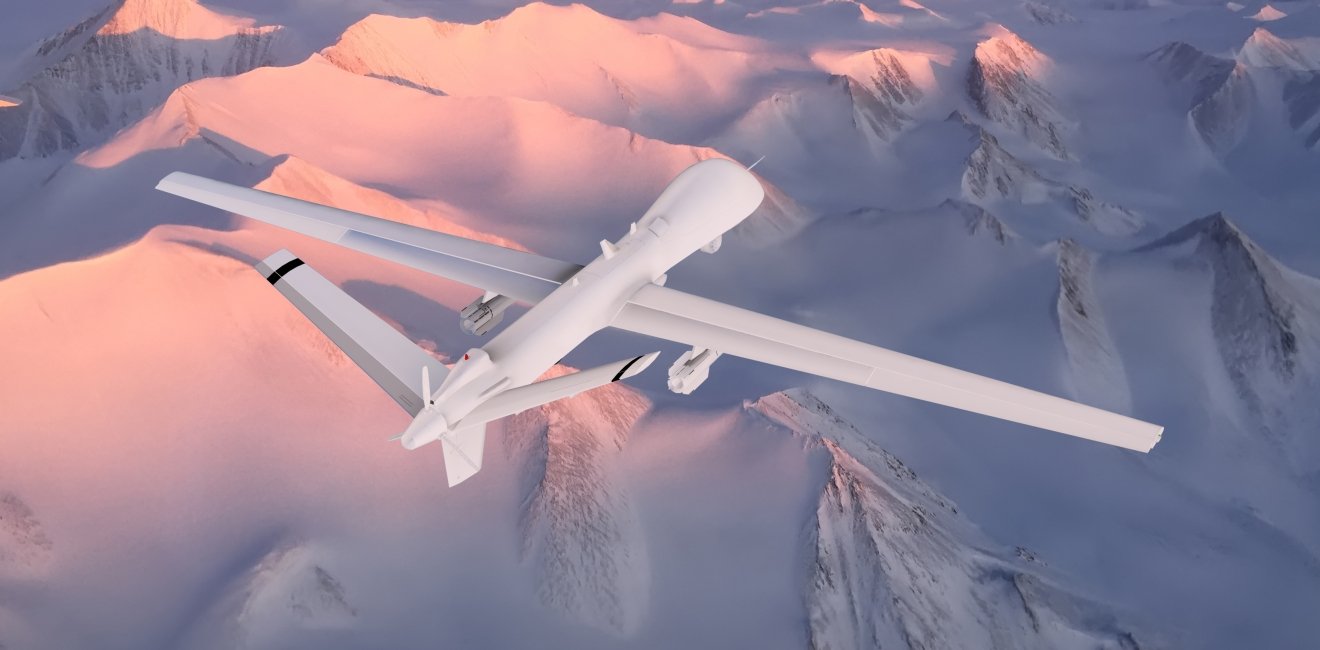Critical Challenge for the U.S. | Arctic Security Challenges
The Arctic has long been a region characterized by international cooperation, even during times of heightened tensions elsewhere. The Arctic Council has focused its efforts on a broad range of initiatives focusing on sustainable development and environmental protection. The Arctic Council explicitly excludes military security matters from its mandate. While it is not likely for a conflict to begin in the Arctic, there are concerns that a conflict that starts elsewhere may broaden to include or impact the Arctic. The increase in military activity in the region has led many Arctic experts to call for renewed multilateral, military-to-military dialogue to reduce risk of escalation. U.S. agencies will maintain focus on potential Arctic security challenges posed by Russia and China.
Three Things to Watch
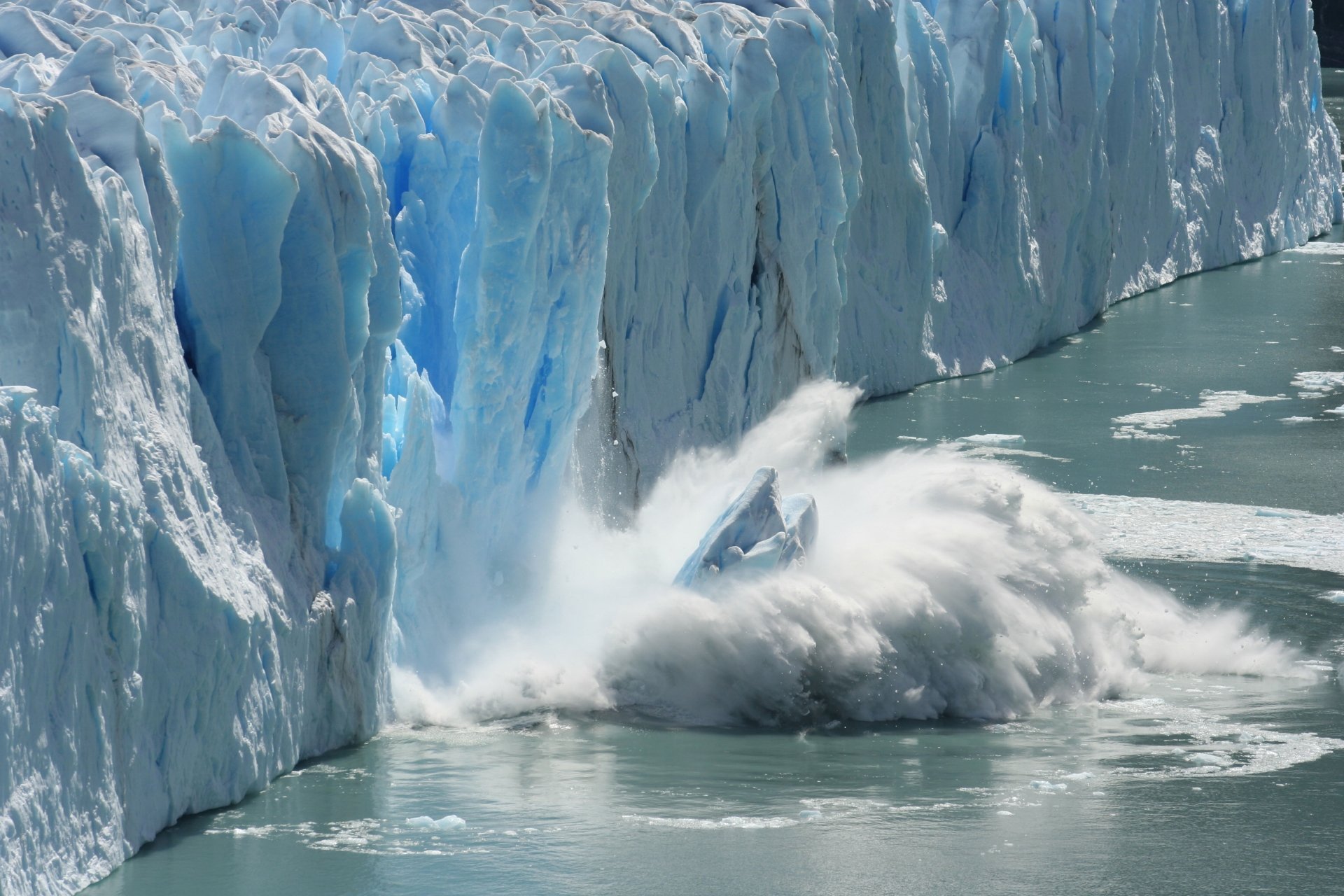
1. Climate Change and the Arctic Environment
Climate change continues to have significant large-scale impacts across the Arctic, as the region is heating at roughly three times the global average. In 2020, for example, the Arctic Ocean ice pack reached its second-lowest recorded summer ice extent on record—continuing a troubling, decades-long declining trend. Many changes are outpacing model predictions, pointing to the need for urgent action. The eight Arctic nations face many diverse challenges, and the profound consequences of accelerating climate change have become more apparent for Arctic and non-Arctic nations alike. Thawing permafrost and coastal erosion threaten communities and infrastructure, food and water security are growing concerns, the number and frequency of large-scale forest fires are evident across the North, and homeland security challenges such as search and rescue are all exacerbated by a rapidly changing Arctic. Climate change may also present openings for the Arctic region, with economic opportunities related to shipping and trade of particular interest.
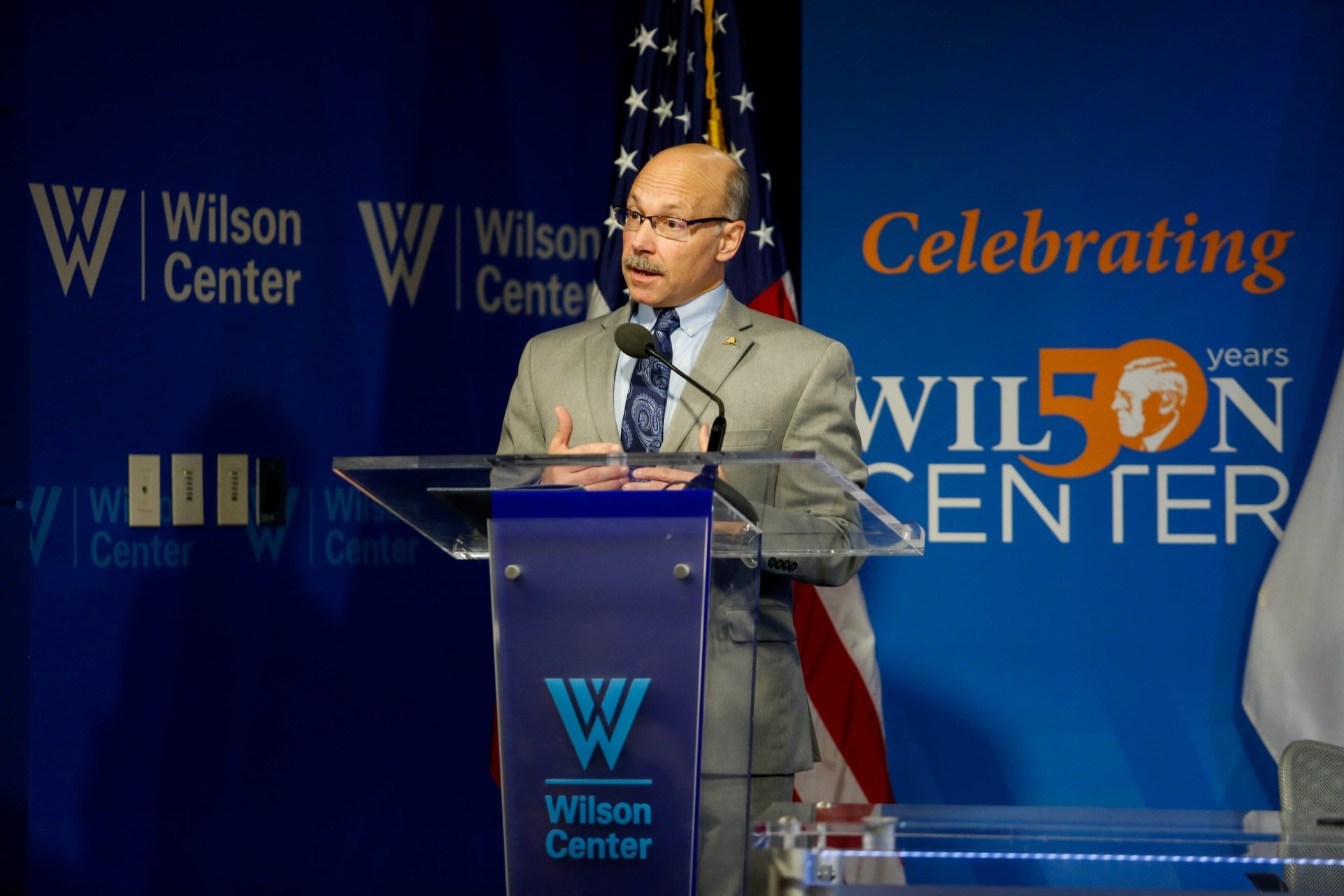
2. Reinvigorated U.S. Government Presence in the Arctic
The Biden administration has reactivated the Arctic Executive Steering Committee, first established under the Obama administration to advance U.S. Arctic interests, and coordinate Federal actions in the Arctic. The Department of Defense (DoD) announced the Ted Stevens Center for Arctic Security Studies, the sixth such DoD Regional Center established by the United States. The Ted Stevens Center’s charge is to support DoD’s mission in the Arctic, enhance security cooperation throughout the North, and advance research, academic, and policy-oriented initiatives. The White House also announced a new team of presidentially-appointed Commissioners to serve on the United States Arctic Research Commission (USARC), including President Biden’s appointment of the Wilson Center Polar Institute’s Mike Sfraga as Commission Chairman. USARC was established by Congress in 1984 to advise the President and Congress on domestic and international research priorities and related policies. The Biden administration has also charged applicable U.S. government agencies with updating the country’s National Strategy for the Arctic Region. These efforts are key to the administration’s goal of ensuring a whole-of-government approach to the Arctic region.
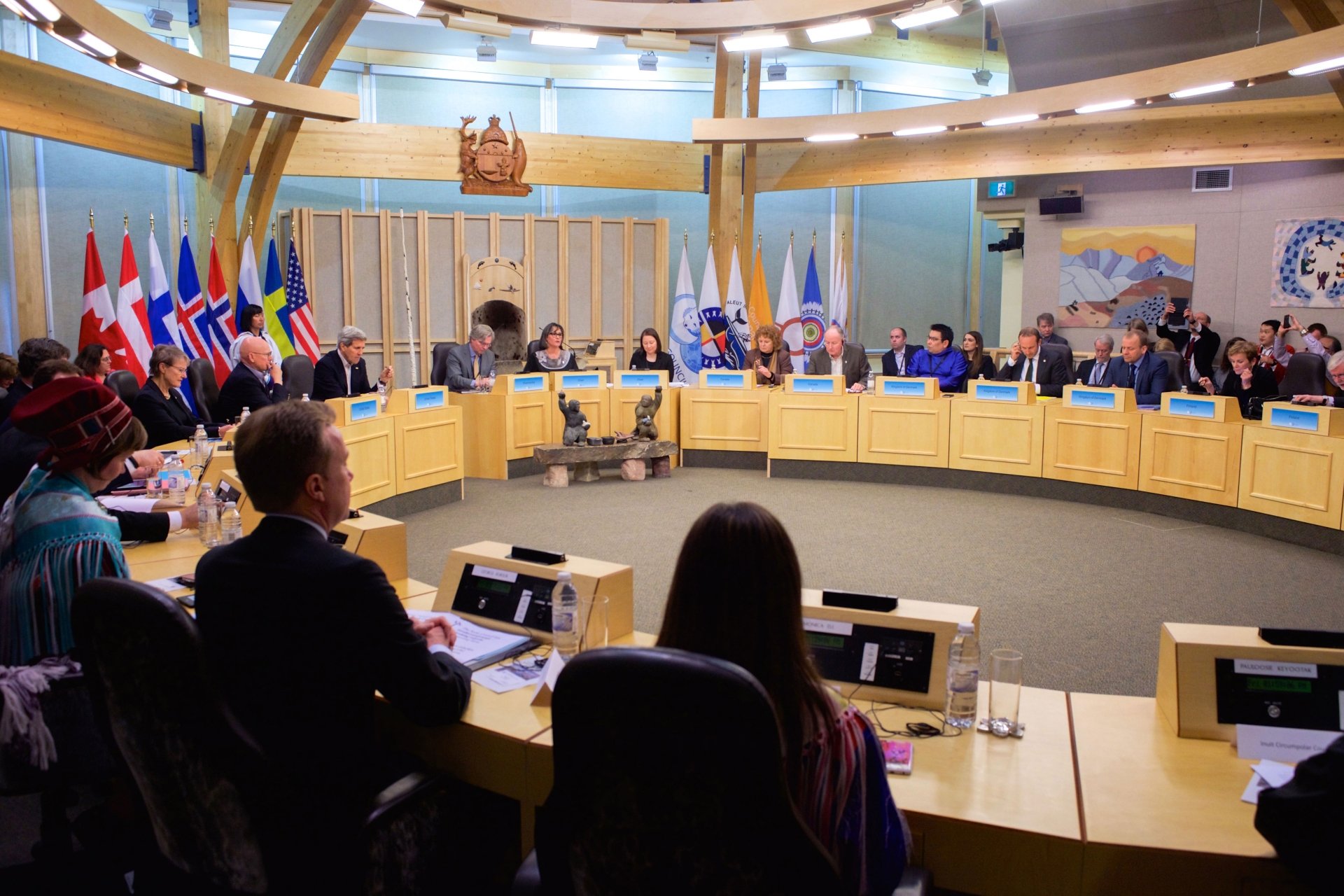
3. Russian Chairmanship of the Arctic Council
The Arctic Council is comprised of the eight Arctic states—Canada, Denmark, Finland, Iceland, Norway, Russia, Sweden, United States, and Greenland—and six Indigenous organizations, and serves as the region’s leading intergovernmental forum. The Russian Federation assumed the Chairmanship of the Arctic Council in May of 2021 and will lead the Council through May of 2023. The Russian Federation has an ambitious agenda, approved by the eight Arctic nations, and a holistic set of activities highlighting areas such as sustainable development of the region for Arctic peoples, including Indigenous peoples, environmental protection, socioeconomic development, and strengthening the Arctic Council.
Contributors

Former Acting Deputy Assistant Secretary for Oceans and Fisheries and Director for Ocean and Polar Affairs, US Department of State

Fellow, Center for Arctic Study & Policy, U.S. Coast Guard Academy


Polar Institute
Since its inception in 2017, the Polar Institute has become a premier forum for discussion and policy analysis of Arctic and Antarctic issues, and is known in Washington, DC and elsewhere as the Arctic Public Square. The Institute holistically studies the central policy issues facing these regions—with an emphasis on Arctic governance, climate change, economic development, scientific research, security, and Indigenous communities—and communicates trusted analysis to policymakers and other stakeholders. Read more

Explore More
Browse Insights & Analysis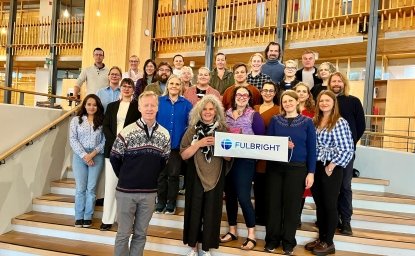
Fulbright Arctic Initiative IV Scholar at the Polar Institute
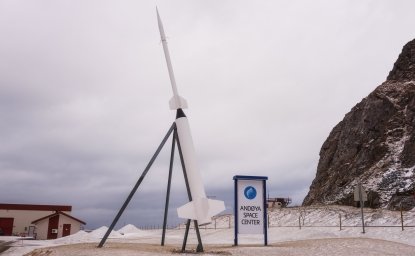
Downlink Dispatch: Notes on Space from the North | Part 2
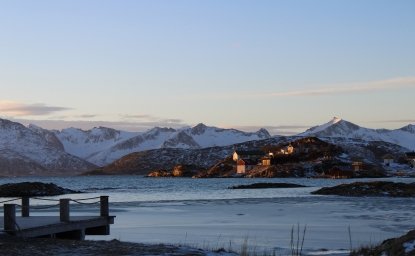
Downlink Dispatch: Notes on Space from the North | Part 1



